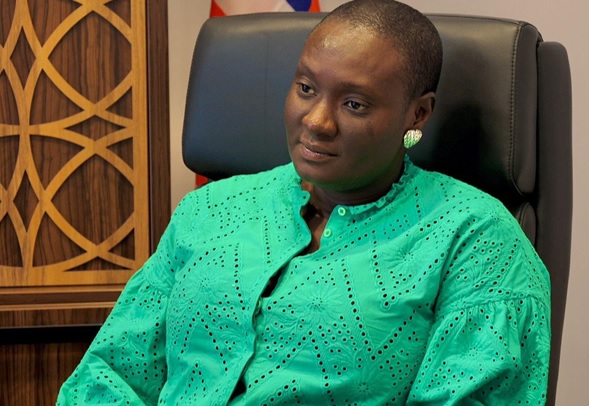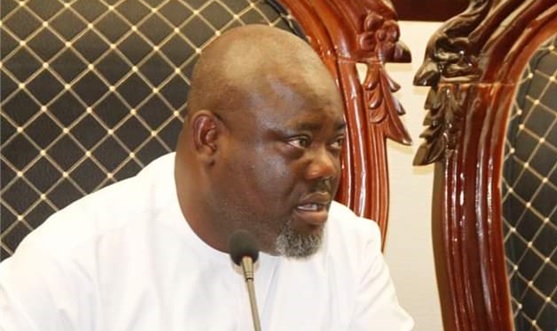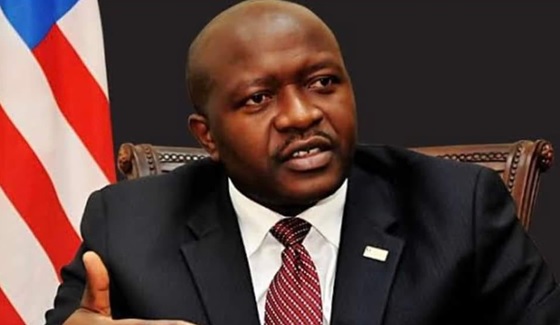MONROVIA – The Liberia Revenue Authority (LRA) has initiated legal proceedings against the National Fisheries and Aquaculture Authority (NaFAA) headed by Madam Emma Metiah Glassco for allegedly failing to remit essential budgetary contributions and income taxes deducted from employees’ wages. Under the current fiscal year, NaFAA is obligated to contribute a total of US$1,569,888 to the National Budget, which includes US$69,888 in deducted income taxes that, under Liberian law, must be transferred to the government.
Despite multiple formal communications and phone calls from the LRA and the Ministry of Justice, the Fisheries Authority reportedly ignored these reminders, leading the LRA to escalate the matter to the Tax Court at the Temple of Justice. NaFAA stands accused of withholding the US$69,888 in income taxes, an issue that has become a significant point of contention.
NaFAA has confirmed that legal action has been taken against it and stated that discussions with the LRA are currently in progress. This legal tussle comes at a time when the authority’s contribution to the national revenue has been under scrutiny, especially since the departure of the Coalition for Democratic Change (CDC) government led by President George Weah.
During Weah’s administration, it was expected that NaFAA would contribute US$500,000 annually to support the government’s development goals. However, it has come to light that under the leadership of Madam Emma Metieh Glassco, NaFAA has failed to make any contributions for the past three budget cycles. This failure has significantly hampered the government’s ability to fund its initiatives.
Insiders suggest that Glassco’s influence within the Weah administration may have shielded her from facing any consequences for not complying with financial obligations. Despite repeated attempts to engage with her for comments, Glassco initially agreed to an interview but later postponed it, eventually showing disinterest in further communication.
The situation has sparked concerns about financial accountability within NaFAA and its commitment to national development. Analysts are questioning why Glassco has been allowed to operate without repercussions and whether there are higher powers at play that have obstructed enforcement actions.
This case underscores the urgent need for transparency and effective governance to ensure that all government entities meet their financial responsibilities. The resolution of this matter will be a critical test of the government’s dedication to accountability and transparency in managing public resources. The outcome will likely influence the government’s ability to fund its development programs and could set a precedent for how similar issues are handled in the future.







